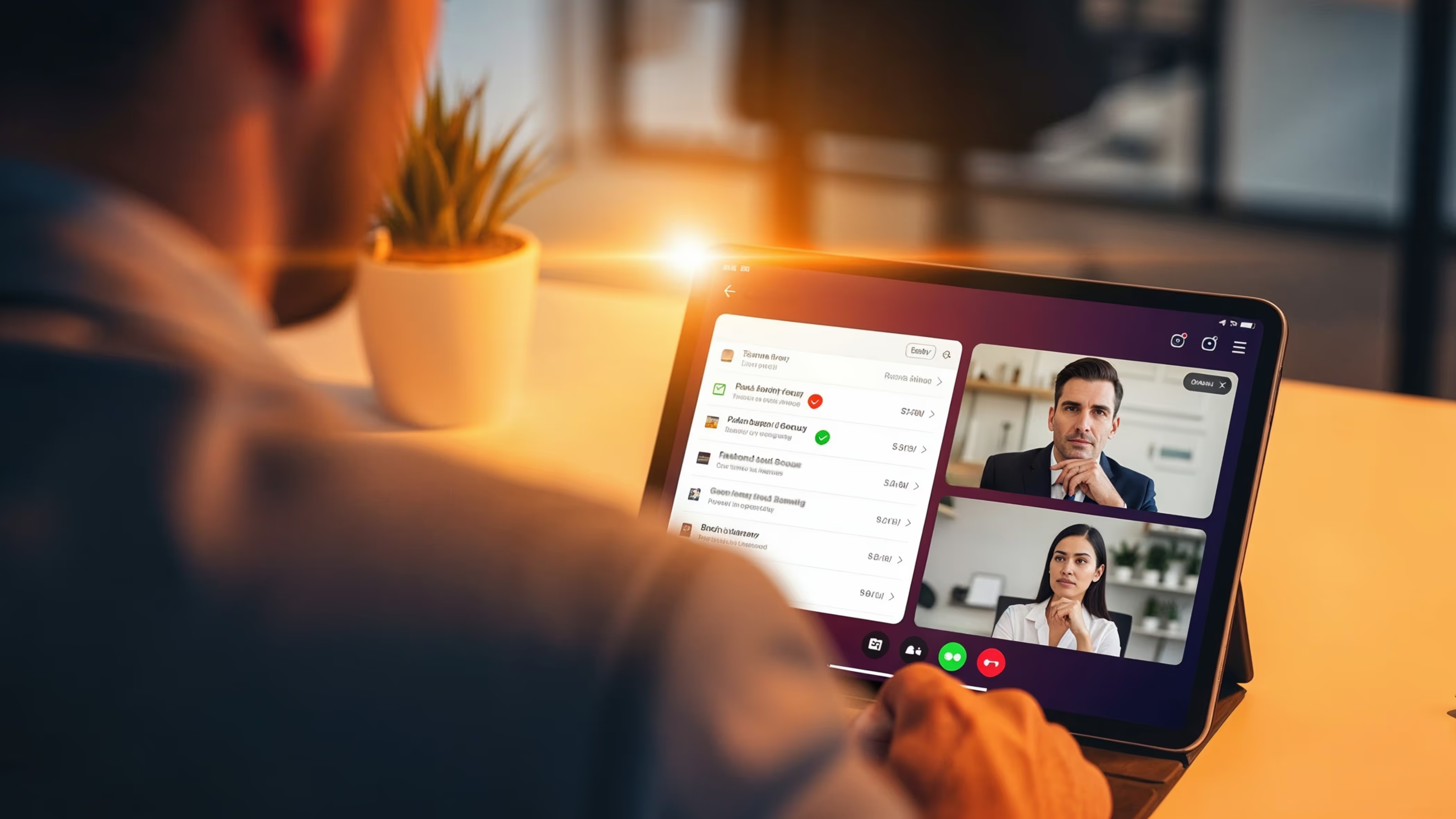Running a law firm means juggling countless responsibilities—from client intake and communication to case preparation and billing. For many attorneys, the biggest challenge is that only a fraction of their day is spent on billable work. Instead of focusing primarily on client matters, lawyers often find themselves consumed by administrative duties, scheduling, and project management.
According to the Clio Legal Trends Report, law firms average just 2.9 hours of billable work per day out of an 8-hour workday—that’s only about 37% of their time spent on client matters. The remaining hours are absorbed by operational tasks that, while necessary, don’t directly generate revenue. For firms seeking growth, this imbalance creates a serious roadblock to profitability.
“On average, lawyers record only 2.9 hours of billable work each day. The rest of the workday is spent on billing, client intake, scheduling, and other administrative tasks.” – Clio Legal Trends Report 2023
In fact, attorneys spend roughly two out of every eight working hours on non-billable tasks such as scheduling, time tracking, and client follow-ups. A breakdown by LeanLaw shows that of non-billable time, about 48% is spent on administrative work and 33% on business development. This leaves attorneys little room to focus on client advocacy. That’s where a Remote Case Manager (RCM) steps in to shift the balance.
A Remote Case Manager can take over critical but non-billable responsibilities, giving lawyers the ability to prioritize client service and casework. With the right RCM in place, your firm can:
- Streamline workflows and eliminate bottlenecks.
- Improve client satisfaction with faster response times.
- Maximize legal software like Clio, Filevine, or MyCase.
- Scale operations without the overhead of full-time staff.
As Smokeball highlights, many lawyers bill only 30–40% of their working hours—which means the majority of effort isn’t captured as revenue. By partnering with a skilled RCM, that ratio can shift dramatically, improving both productivity and profitability.
In this guide, we’ll cover what Remote Case Managers do, how to select the right one, and best practices for working with them effectively.
What is a Remote Case Manager?
Think of a Remote Case Manager as an extension of your legal team, working remotely to manage critical but time-consuming responsibilities. Instead of hiring a full-time employee with the added costs of benefits, office space, and payroll taxes, you can access professional support on-demand. This makes it a flexible and cost-efficient staffing solution for law firms of all sizes.
A Remote Case Manager typically assists with:
- Client communication (calls, emails, live chat)
- Intake and onboarding of new clients
- Scheduling and calendar management
- Document drafting and management
- Legal research support
- Billing and collections
- Case progress tracking and reporting
By offloading these tasks, attorneys can maintain a well-organized, client-focused practice without overwhelming themselves or their in-house staff. An RCM doesn’t just fill gaps—they enhance overall law firm productivity and ensure that administrative work is handled with accuracy and consistency.
How to Choose a Remote Case Manager
Not all Remote Case Managers are the same. Some specialize in legal intake and client communication, while others focus on billing, case tracking, or practice-area support. Choosing the right RCM requires careful vetting and alignment with your firm’s unique needs. Selecting the wrong candidate can lead to inefficiencies and wasted resources, while the right choice can become a long-term partner in your firm’s success.
1. Vet Candidates Carefully
Look for candidates with relevant legal experience, strong communication skills, and the ability to manage sensitive information. Always ask for references and confirm their familiarity with legal software. Essential qualities include:
- Impeccable work ethic and reliability
- Superior writing and communication skills
- Technology proficiency
- Knowledge of your practice area
- Flexibility and adaptability
A thorough vetting process ensures that the RCM you hire is both skilled and trustworthy.
2. Match Their Style With Yours
If you’re used to managing everything yourself, delegating may take some adjustment. Choose an RCM who aligns with your workflow and communication style, making collaboration smoother. Compatibility in working habits often determines whether the partnership is productive or stressful.
3. Define the Services You Need
Before hiring, make a list of the tasks consuming your time. Do you need support focused on intake and scheduling, or do you require broader assistance such as billing, research, and marketing? Clarity ensures you find the right candidate who can meet your exact needs.
4. Set Clear Expectations
Draft a written agreement outlining:
- Communication frequency and tools (email, phone, Trello, Asana, or Clio)
- Your law firm’s processes and workflows
- Reporting requirements (daily updates, weekly summaries, etc.)
- Your management style (independent work vs. close oversight)
Clear expectations reduce misunderstandings and create a framework for accountability.
Tips for Working With Remote Case Managers
Once you’ve selected the right RCM, the next step is setting them up for success. Even the most skilled professional needs structure and collaboration to thrive in a remote environment.
Build rapport
A Remote Case Manager isn’t just a contractor—they’re a vital member of your extended team. Take time to build a relationship, understand their strengths, and foster trust. This creates a stronger foundation for long-term collaboration and helps them feel invested in your firm’s success.
Use project management tools
Leverage platforms like Clio, Trello, or Asana to delegate tasks, track progress, and maintain visibility into case workflows. These tools prevent micromanagement by offering transparency, accountability, and streamlined communication.
Communicate consistently
Establish regular check-ins, whether daily stand-ups or weekly reports. Consistent communication ensures priorities remain clear, reduces the risk of missed deadlines, and helps your RCM stay engaged with your firm’s goals.
Give clear instructions
Because your RCM isn’t in the office, clarity is crucial. Provide detailed task instructions, reference documents, and process notes to avoid delays or misinterpretations. The more guidance you provide upfront, the more independent and effective your RCM will become.
Maintain consistency
Deadlines, workflows, and expectations should remain stable. A consistent structure not only improves efficiency but also builds trust between your firm and the RCM. Predictability allows your RCM to plan their workload and deliver quality results without unnecessary back-and-forth.
Final Thoughts
A Remote Case Manager can truly transform how your law firm operates. By outsourcing intake, communication, and administrative tasks, attorneys free up valuable time to focus on what matters most—advocating for clients and maximizing billable hours. This shift not only increases profitability but also reduces burnout and improves client satisfaction.
The key to success is choosing the right partner: vet candidates thoroughly, define expectations clearly, and maintain consistent communication. With the right RCM, your firm gains more than just extra help—you gain a strategic partner who supports scalability and sustainable growth.
👉 If you’re ready to see how this works in practice, book a demo with Remote Case Manager today and take the first step toward building a more efficient, profitable firm.





.png)















%20(2)%20(2).avif)
.avif)


